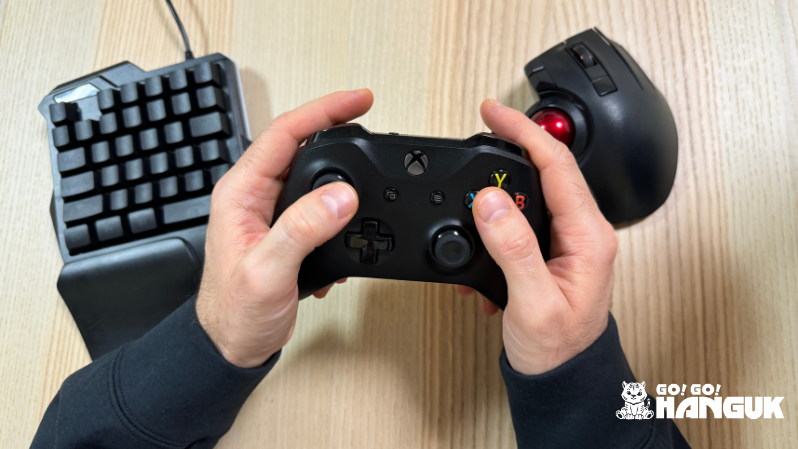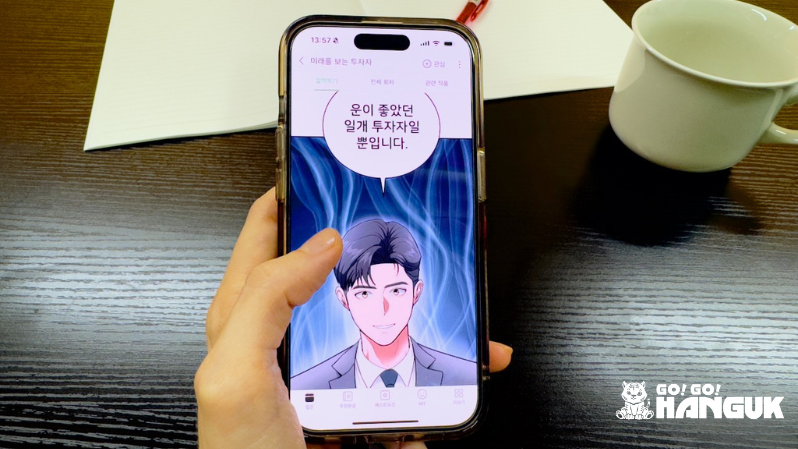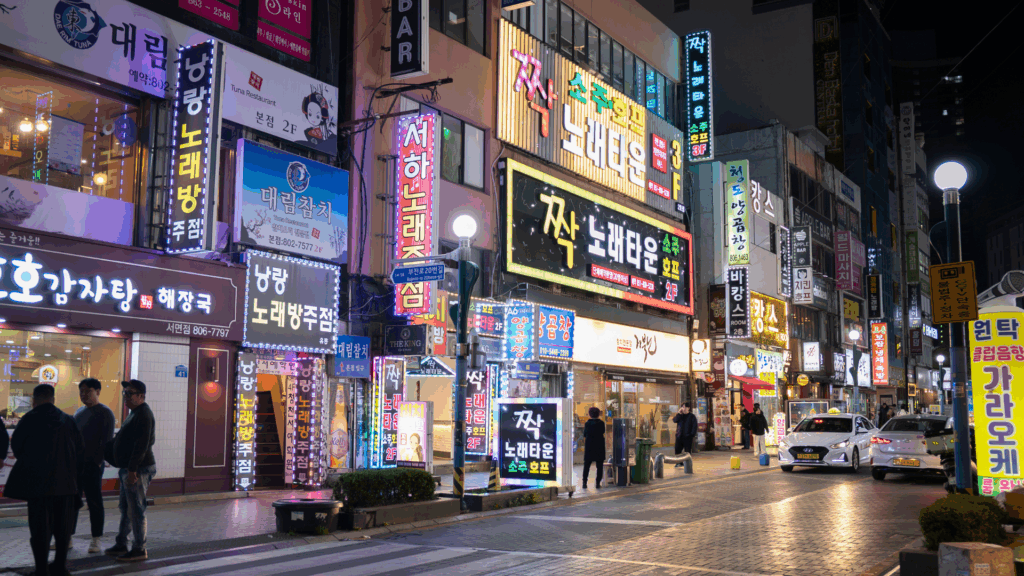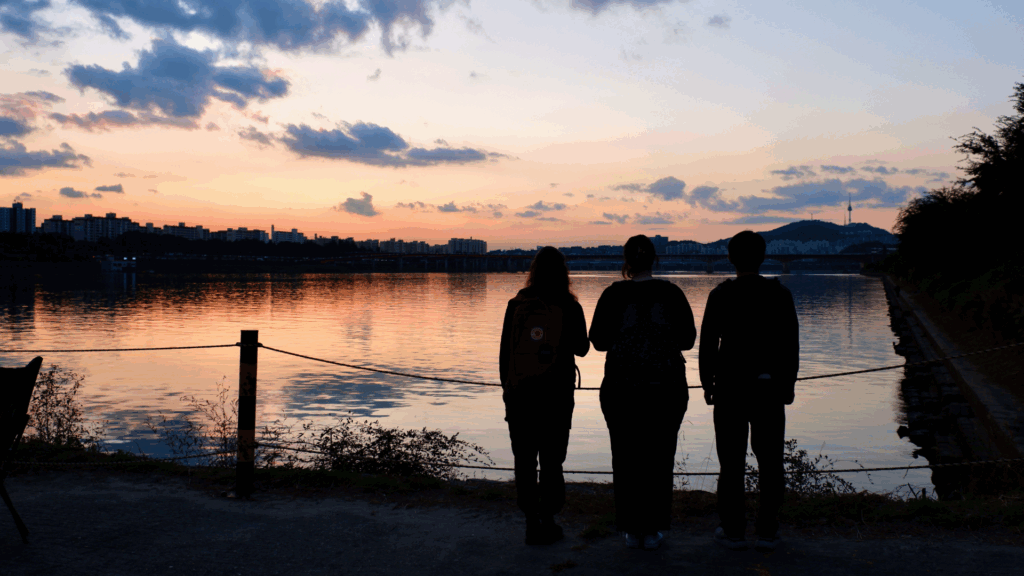When it comes to digital life, few places capture the imagination quite like South Korea. From professional gaming arenas to late-night live streams, cyberculture in Korea has become more than a trend; it’s a lifestyle that reflects connection, creativity, and innovation. Let’s take a closer look at the many faces of this fascinating digital culture.
1. Korean E-sports cyberculture
You can’t talk about cyberculture in Korea without mentioning esports. Gaming here isn’t just entertainment, it’s a national passion. Across sleek PC bangs (internet cafes) and global tournaments, players turn virtual battles into real-world glory.
Superstars like Lee “Faker” Sang-hyeok, a League of Legends icon, and Lee “Flash” Young Ho, the StarCraft prodigy, have become household names. Younger champions such as Cho “Maru” Seong-ju and Ryu “Keria” Min-seok continue to inspire new generations. Esports arenas like LoL Park in Seoul or Gwangjin Esports Stadium host thousands of fans cheering as if for traditional sports.
In many ways, cyberculture in Korea began here, with games that turned into stories, and players who became legends.

2. Live streaming
Another defining part of cyberculture in Korea is the rise of live streaming, where entertainment meets intimacy. The mukbang phenomenon, which is watching hosts eat and chat with viewers, reflects a uniquely Korean mix of comfort and connection.
Streamers like Tzuyang and Banzz invite millions into their daily meals, sharing laughter, stories, and life moments in real time. On platforms like AfreecaTV, Twitch Korea, and YouTube, creators stream games, art sessions, product reviews, and even travel adventures.
For many, these livestreams feel like gathering with friends after a long day. Through this digital warmth, cyberculture in Korea shows that technology can build real human bonds.
3. AI companions and smart technology
The future is already here in cyberculture in Korea, where artificial intelligence is part of daily life. AI-generated influencers like Rozy and Rui star in campaigns, music videos, and even interviews, blurring the line between human and digital.
AI is also shaping gaming strategies, personalizing streaming recommendations, and powering smart homes across the country. From Seoul’s intelligent traffic systems to voice-controlled devices, Korea’s embrace of AI represents the next phase of cyberculture, technology built to understand, assist, and connect.
4. Korean webtoons
If esports are Korea’s digital sport, then webtoons are its digital literature. Webtoons are online comics designed to be read by scrolling on phones, one of the most creative aspects of cyberculture in Korea.
Platforms like Naver Webtoon, Kakao Webtoon, and Lezhin Comics have given rise to hits like True Beauty, Sweet Home, and Tower of God. These series often evolve into K-dramas and films, showing how online art crosses into mainstream culture.
Behind each webtoon is an artist turning imagination into emotion. And behind every reader is a sense of connection to a story, a world, and a community. That’s the magic of cyberculture in Korea: art that’s accessible, expressive, and alive.

5. Online communities and fandom culture
At its heart, cyberculture in Korea thrives on community. Online forums and fan cafes bring together fans of music, dramas, games, and webtoons.
People share translations, create artwork, organize events, and raise funds for their favorite celebrities or causes. These communities reflect one of Korea’s greatest digital strengths, the ability to connect passion with purpose. In every shared post or project, you can feel the sense of belonging that drives cyberculture in Korea forward.
6. NFTs and cryptocurrencies
NFTs and cryptocurrencies like Bitcoin have also become an exciting part of cyberculture in Korea, blending art, technology, and finance in creative ways. NFTs are especially popular among K-pop fans, digital artists, and gamers. K-pop agencies release NFT collectibles featuring exclusive photos or concert experiences, while gaming companies like Netmarble and WeMade are also developing play-to-earn games using NFT systems, showing how digital ownership is becoming a new form of expression in Korea’s tech-driven culture.
Bitcoin and other cryptocurrencies represent another side of cyberculture in Korea, where innovation meets investment. South Korea is one of the world’s most active crypto markets, with major exchanges like Upbit and Bithumb leading the scene. For many young Koreans, cryptocurrency reflects digital freedom and a chance to build financial independence through technology. Together, NFTs and crypto highlight how Korea continues to redefine what it means to live, create, and connect in the digital age.
7. Education and everyday digital living
Beyond entertainment, cyberculture in Korea plays a key role in everyday life. Smart learning platforms, online classrooms, and virtual tutoring are now part of how students study. Apps help people learn languages, prepare for exams, and even practice public speaking through AI simulations.
Meanwhile, mobile payments, smart transit cards, and app-connected homes make city life seamless. It’s this effortless blend of convenience and technology that keeps cyberculture in Korea vibrant and human-centered.
8. The global influence of cyberculture in Korea
From Seoul to San Francisco, the influence of cyberculture in Korea now reaches around the world. Korean games dominate esports tournaments, webtoons are translated into dozens of languages, and virtual influencers collaborate with global brands.
The Korean Wave (Hallyu) is no longer just about K-pop or dramas; it’s about digital creativity. What began as a local phenomenon has evolved into a cultural export, inspiring creators and communities across continents.
What are your experiences with cyberculture in Korea? Also, if you’re keen to find out how we can help you study and live in Korea, be sure to contact us and follow the Go! Go! Hanguk blog for more content!







